Sentences Study Guide
What is a Sentence?
A sentence is a group of words that expresses a complete thought. It contains a subject (who or what the sentence is about) and a predicate (what the subject is doing or the state of being).
Types of Sentences
- Declarative: Makes a statement or expresses an opinion. Ends with a period.
- Interrogative: Asks a question. Ends with a question mark.
- Imperative: Gives a command or makes a request. Ends with a period or exclamation mark.
- Exclamatory: Expresses strong emotion. Ends with an exclamation mark.
Sentence Structure
Sentences can be simple, compound, complex, or compound-complex based on the number of independent and dependent clauses they contain.
Simple Sentence
A simple sentence contains one independent clause.
Compound Sentence
A compound sentence contains two or more independent clauses joined by a conjunction (and, but, or, yet, so, for, nor) and a comma.
Complex Sentence
A complex sentence contains one independent clause and at least one dependent clause.
Compound-Complex Sentence
A compound-complex sentence contains at least two independent clauses and at least one dependent clause.
Common Sentence Errors
- Fragments: Incomplete sentences that are missing a subject, predicate, or both.
- Run-ons: Two or more independent clauses that are incorrectly joined together without proper punctuation or conjunctions.
- Subject-Verb Agreement Errors: Mistakes in matching the subject with the correct verb form.
[Sentences] Related Worksheets and Study Guides:
.◂English Language Arts Worksheets and Study Guides Eighth Grade. Sentences
Study Guide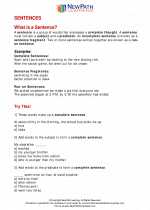 Sentences
Sentences  Worksheet/Answer key
Worksheet/Answer key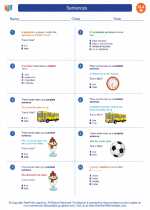 Sentences
Sentences  Worksheet/Answer key
Worksheet/Answer key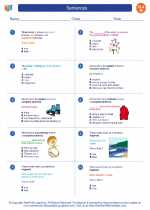 Sentences
Sentences  Worksheet/Answer key
Worksheet/Answer key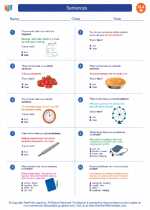 Sentences
Sentences  Worksheet/Answer key
Worksheet/Answer key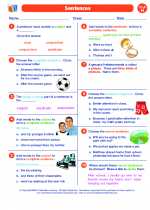 Sentences
Sentences 

 Worksheet/Answer key
Worksheet/Answer key
 Worksheet/Answer key
Worksheet/Answer key
 Worksheet/Answer key
Worksheet/Answer key
 Worksheet/Answer key
Worksheet/Answer key

The resources above cover the following skills:
Writing and Composition
Editing writing for grammar, usage, mechanics, and clarity is an essential trait of a well-written document. Students can:
Demonstrate command of the conventions of standard English grammar and usage when writing or speaking. (CCSS: L.8.1)
Identify main and subordinate clauses and use that knowledge to write varied, strong, correct, complete sentences.